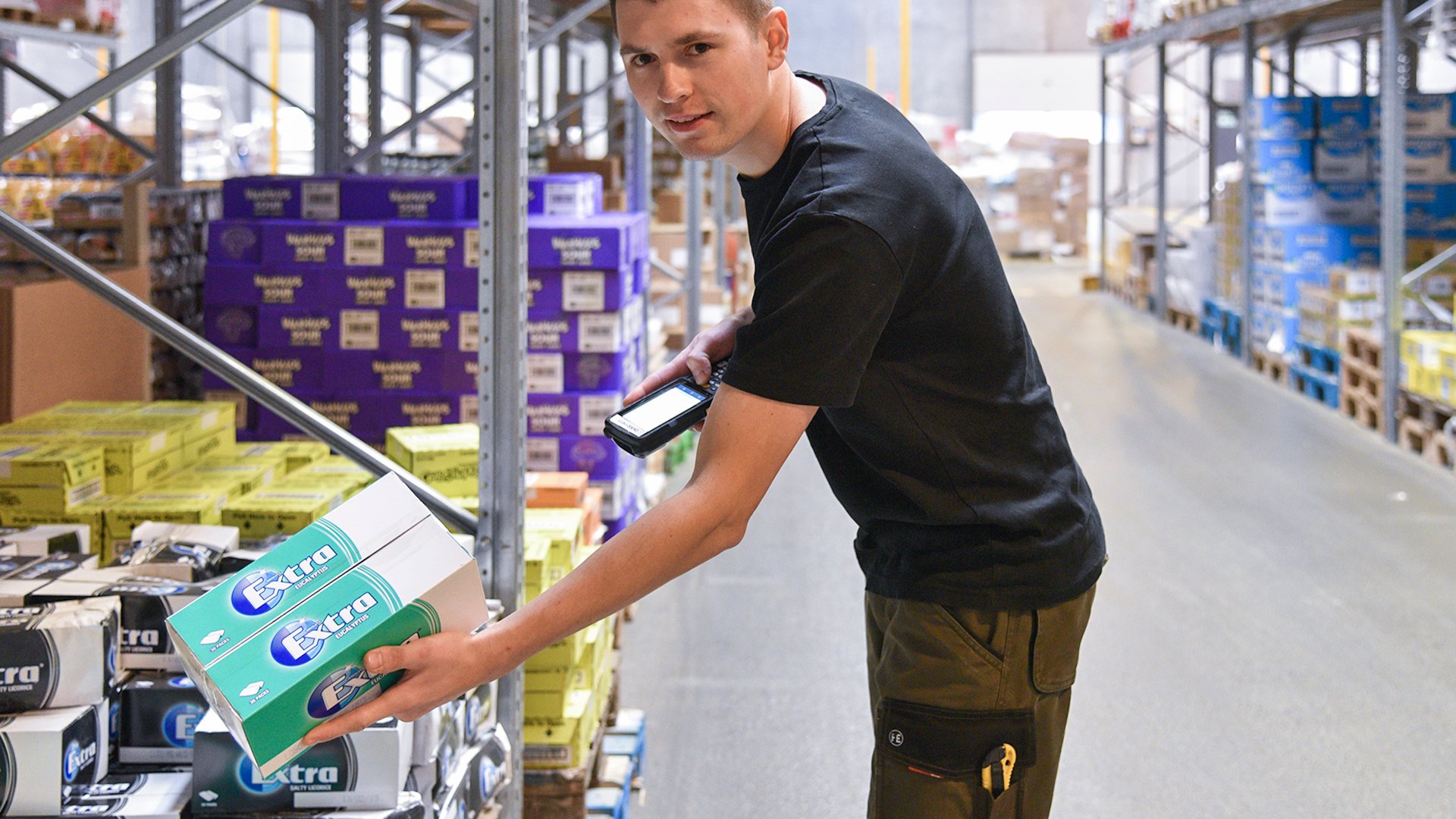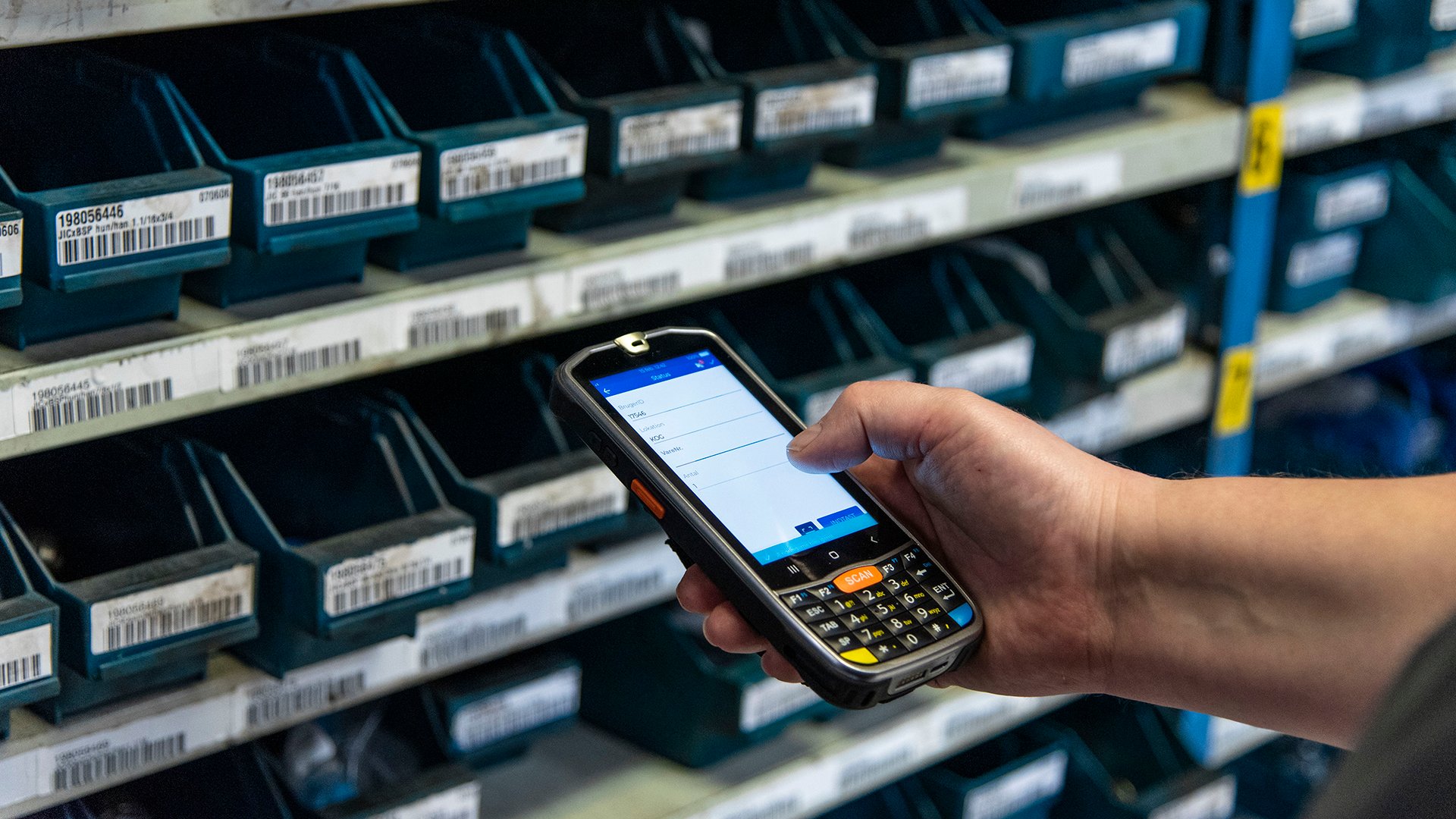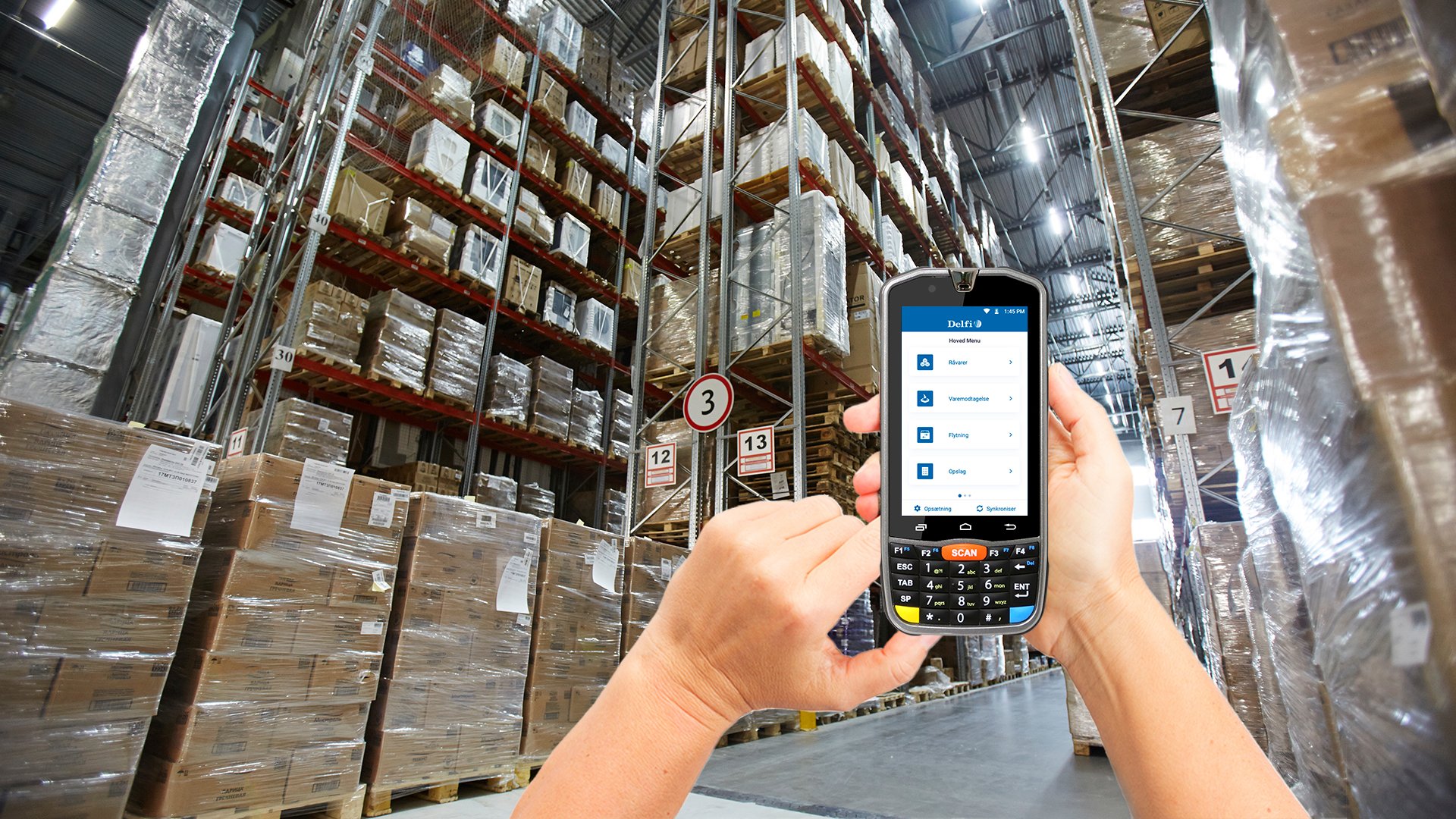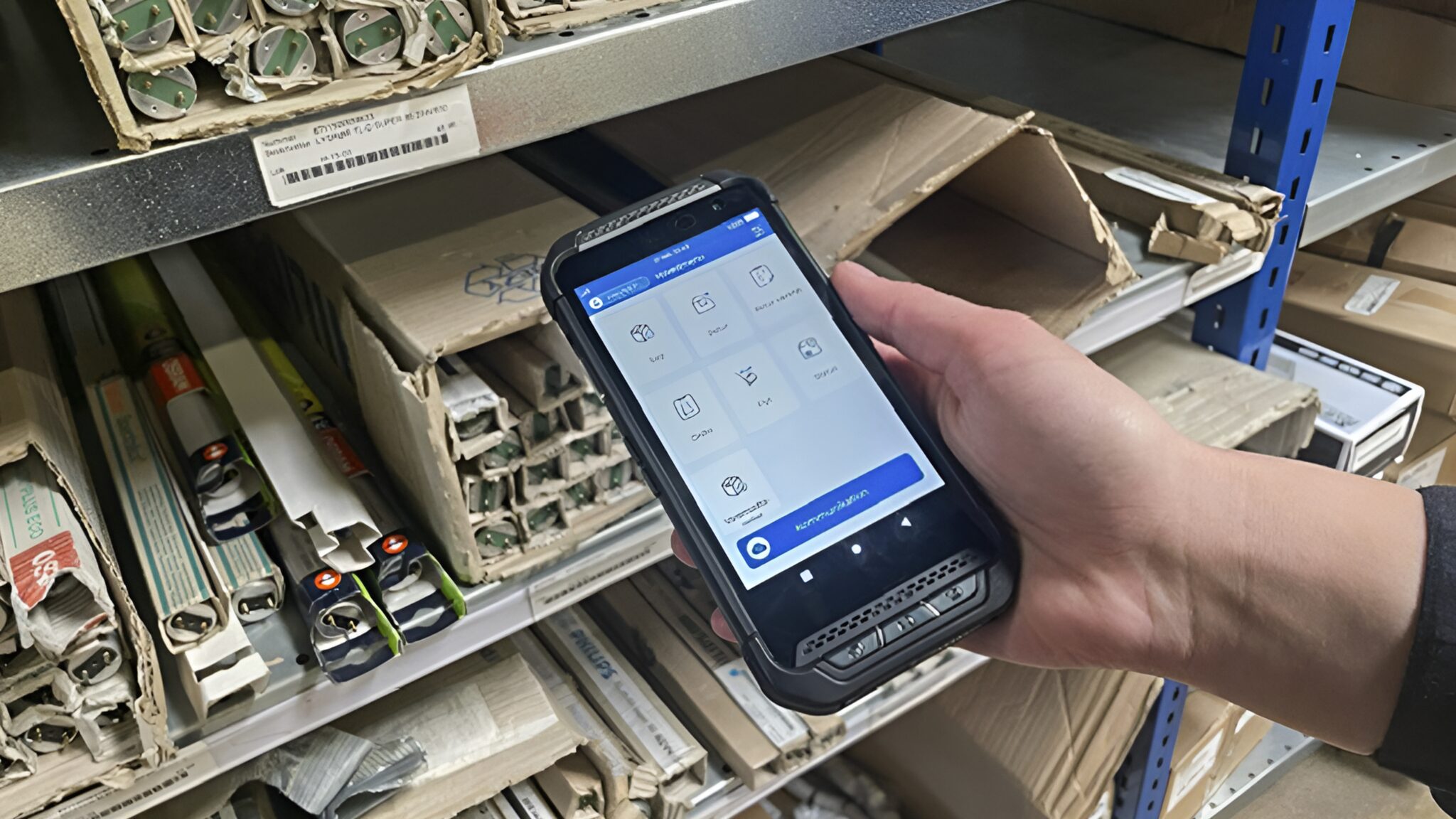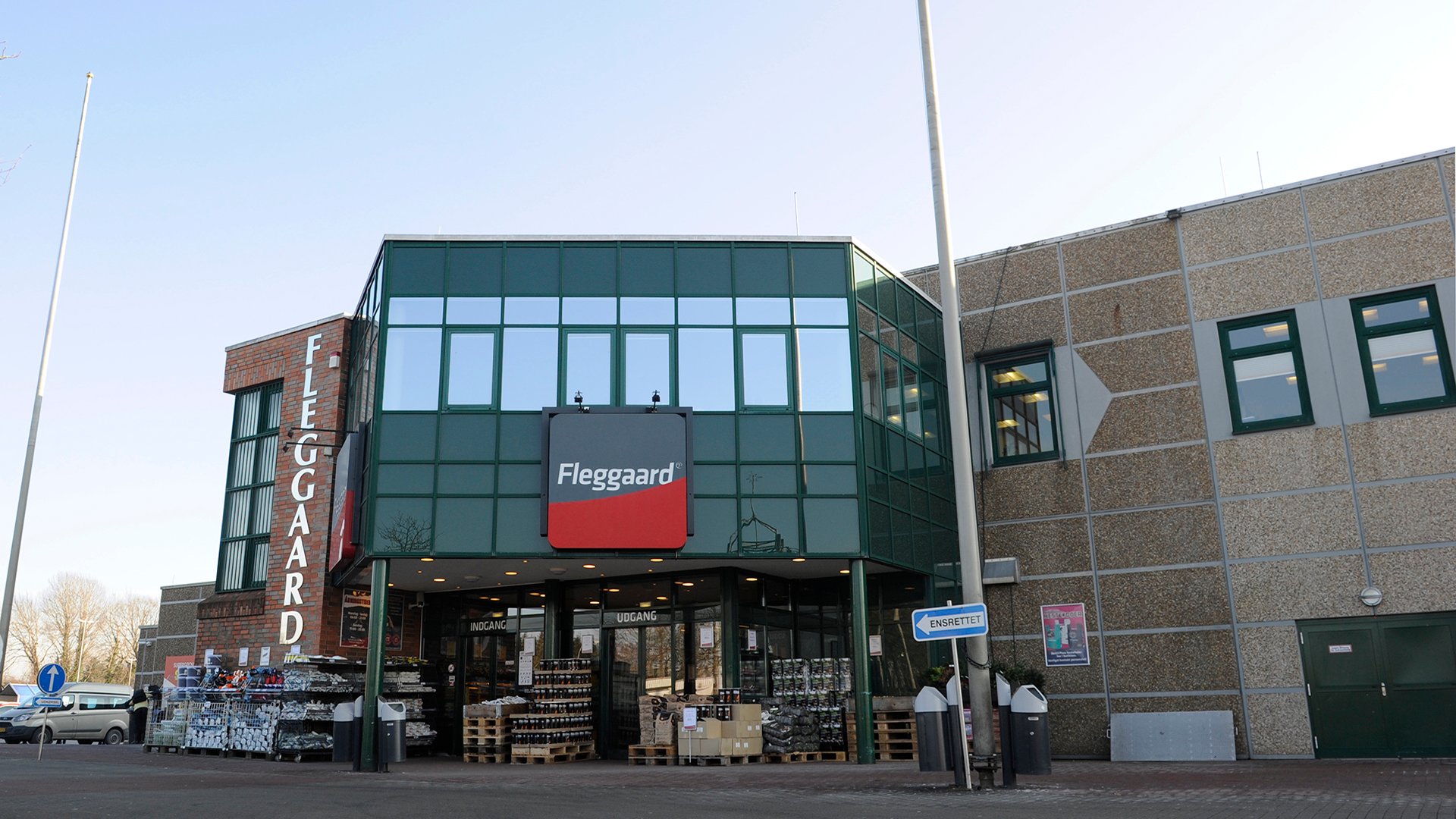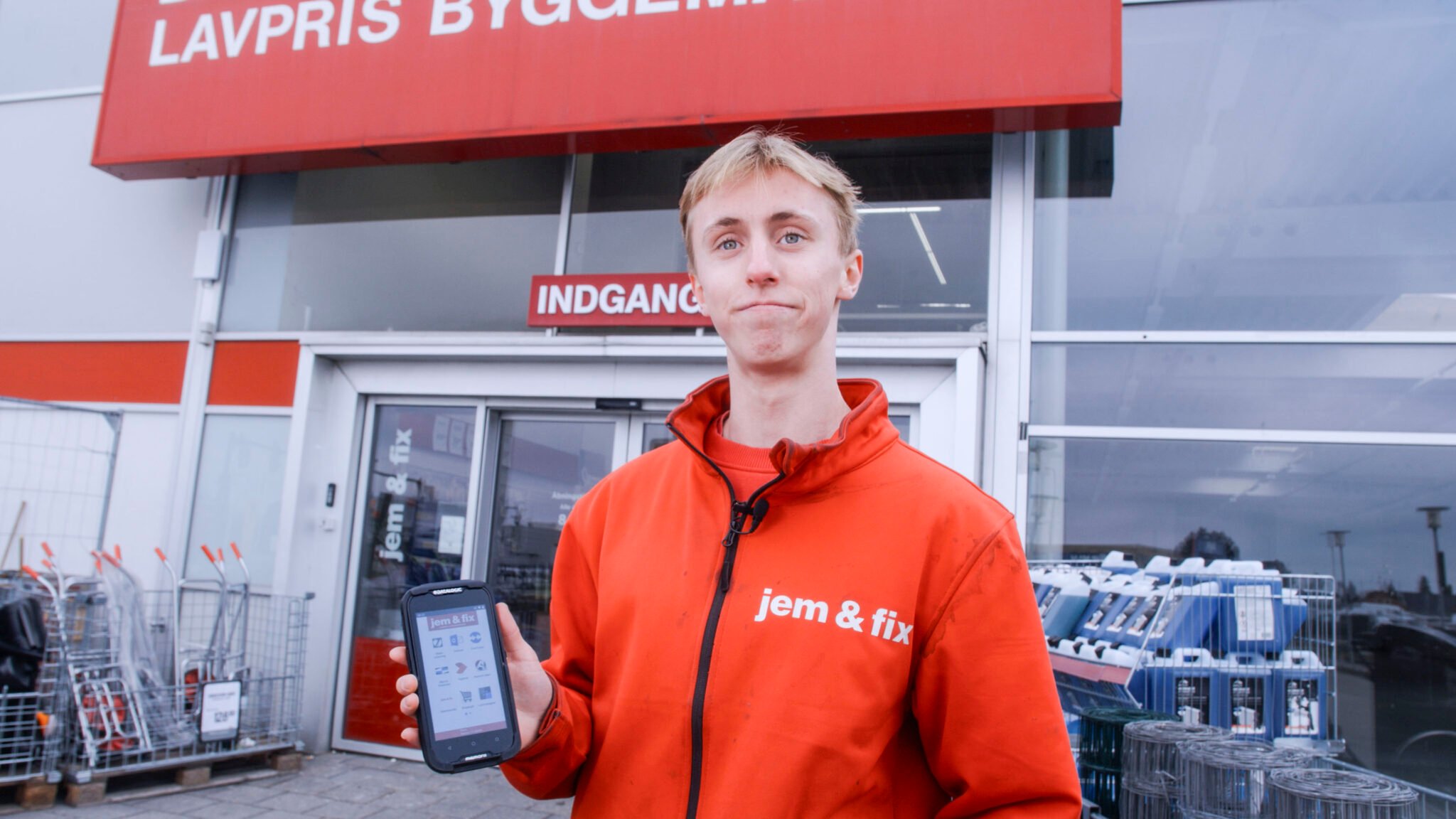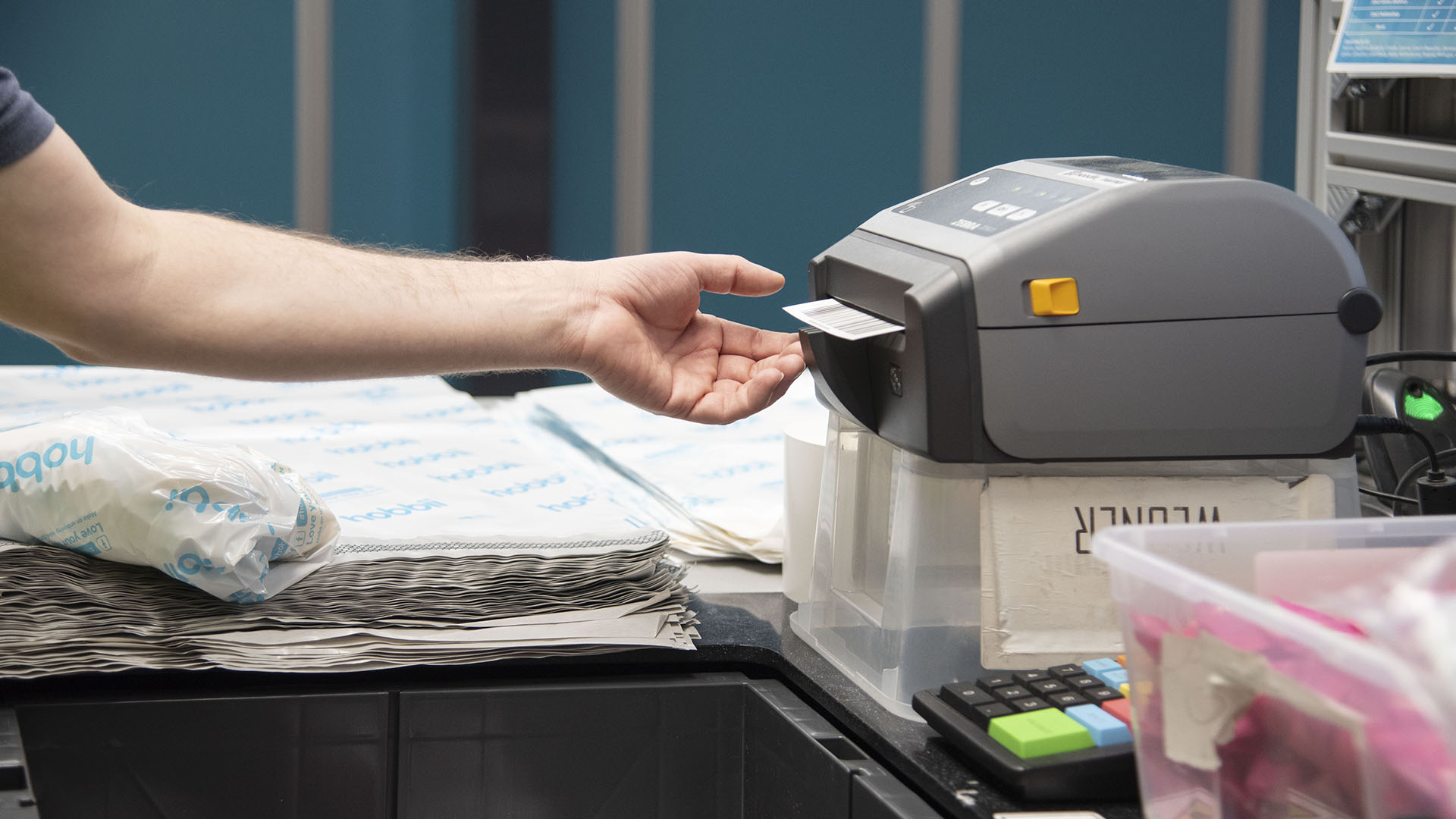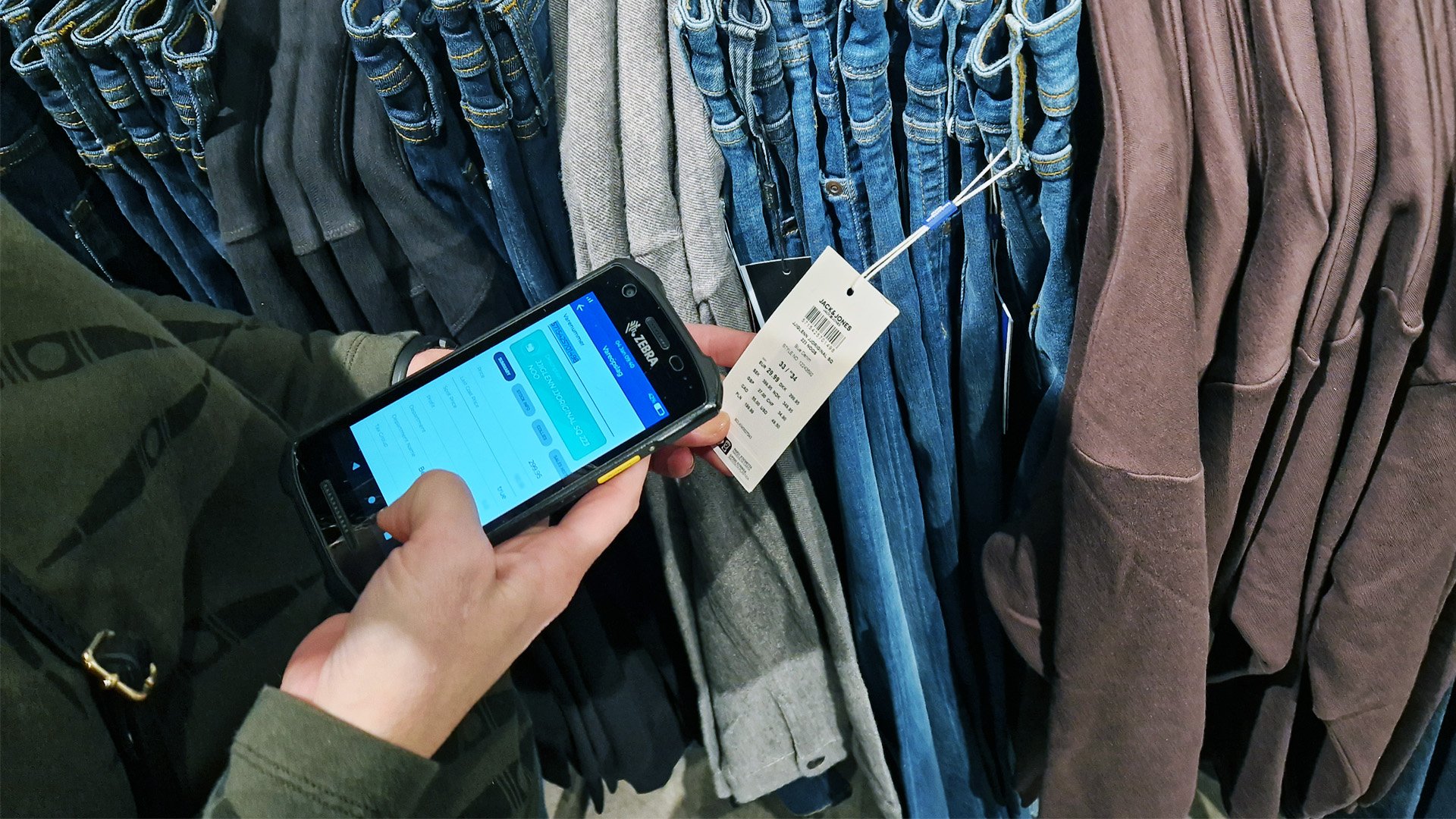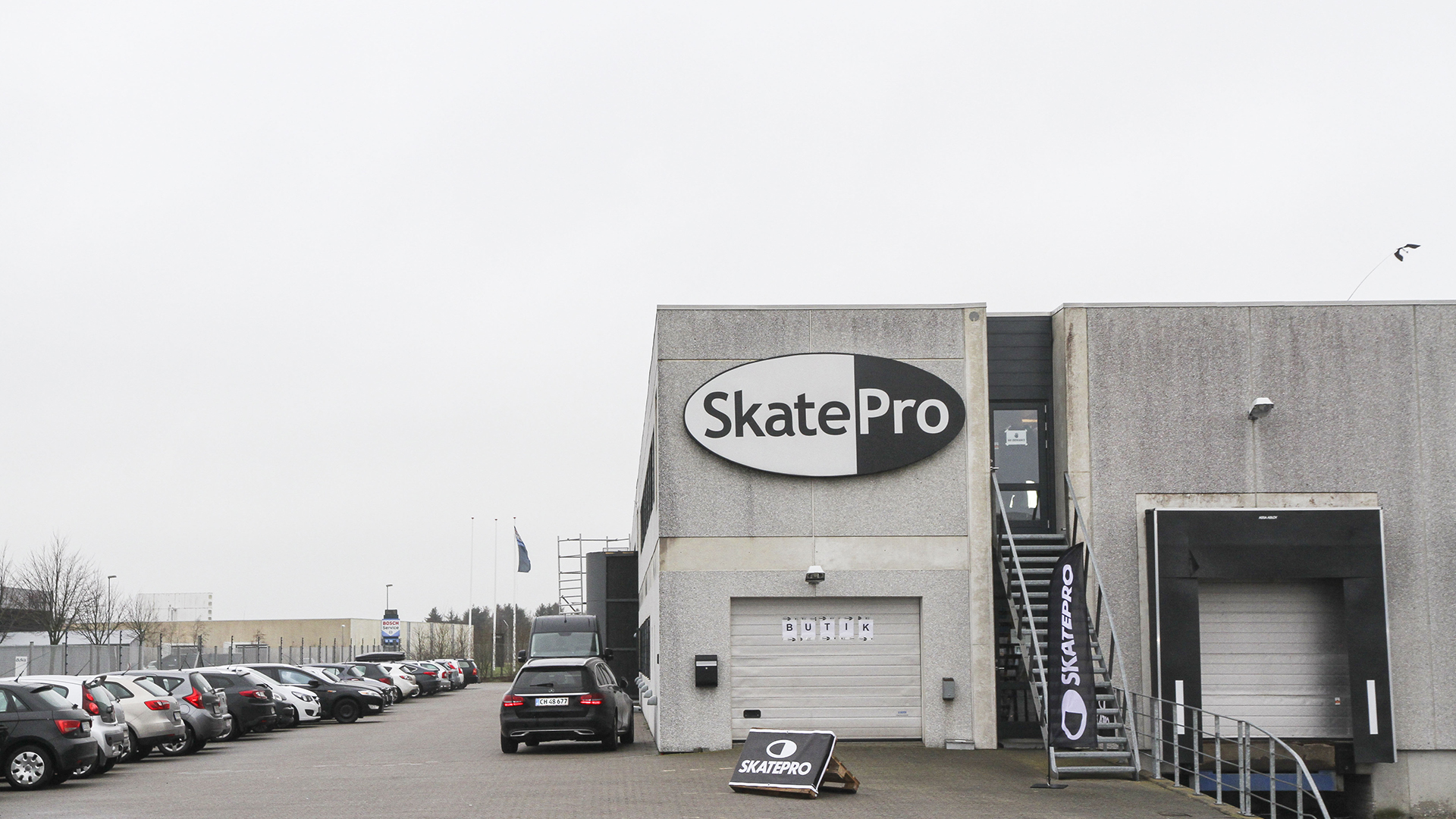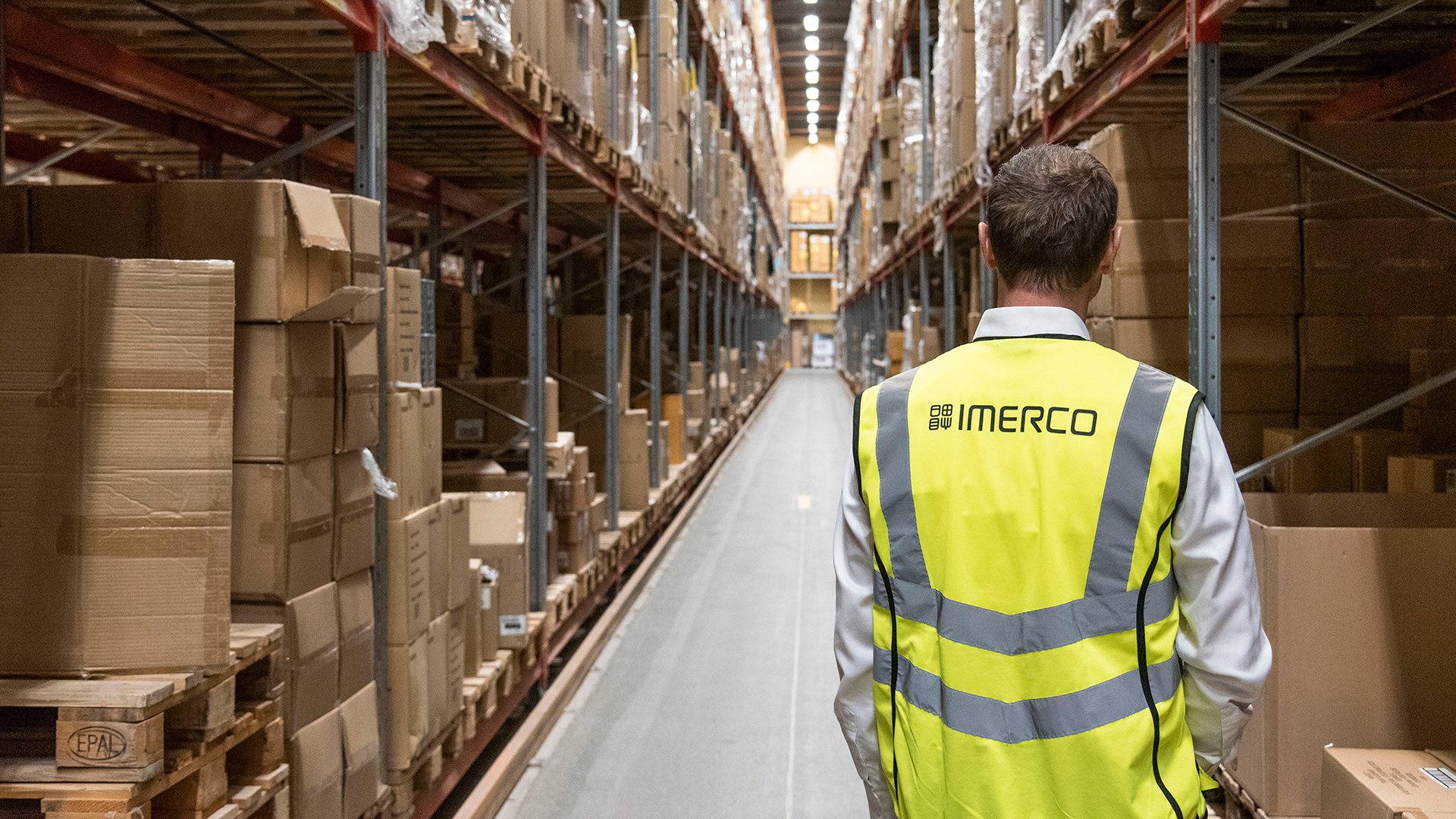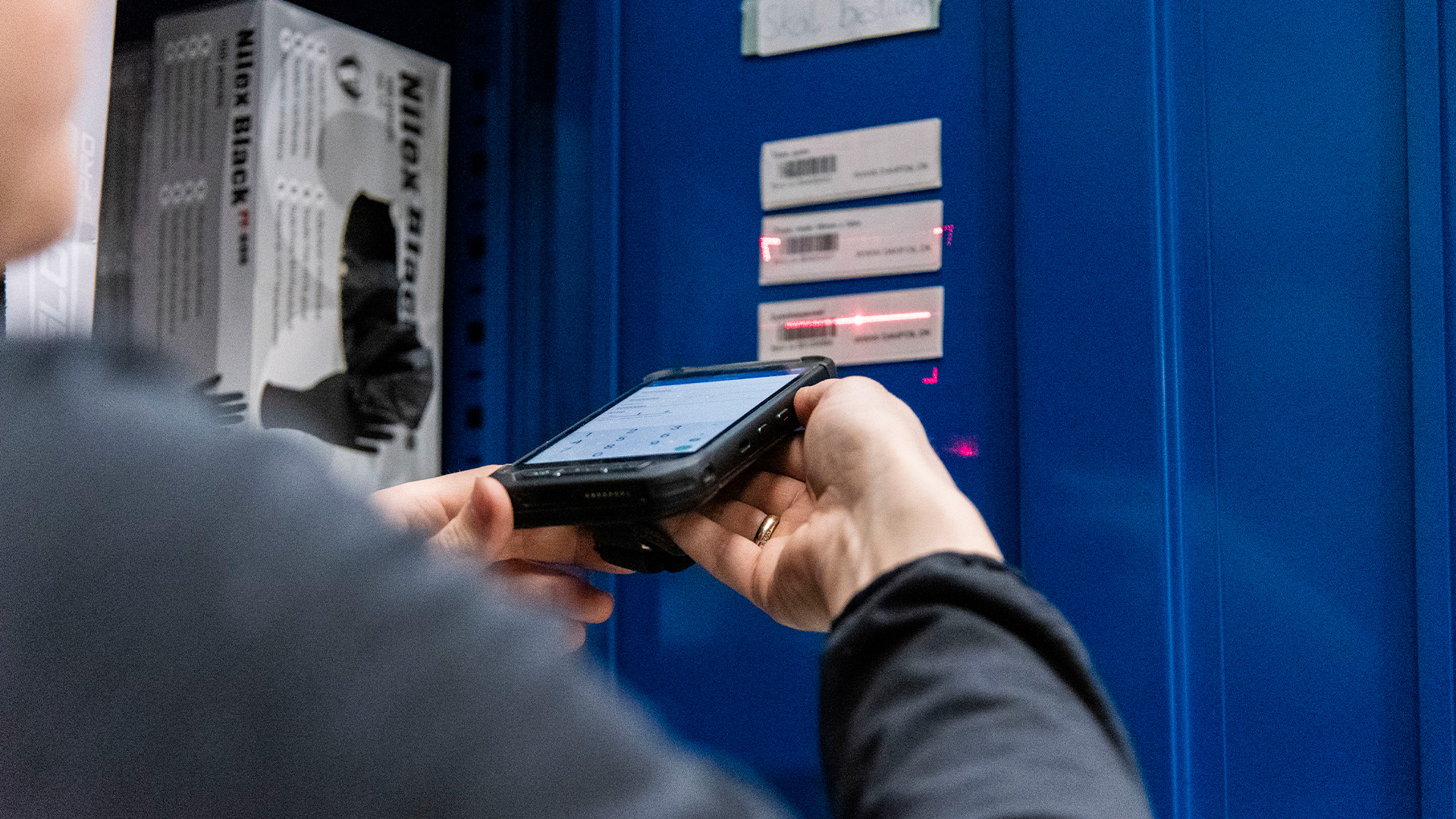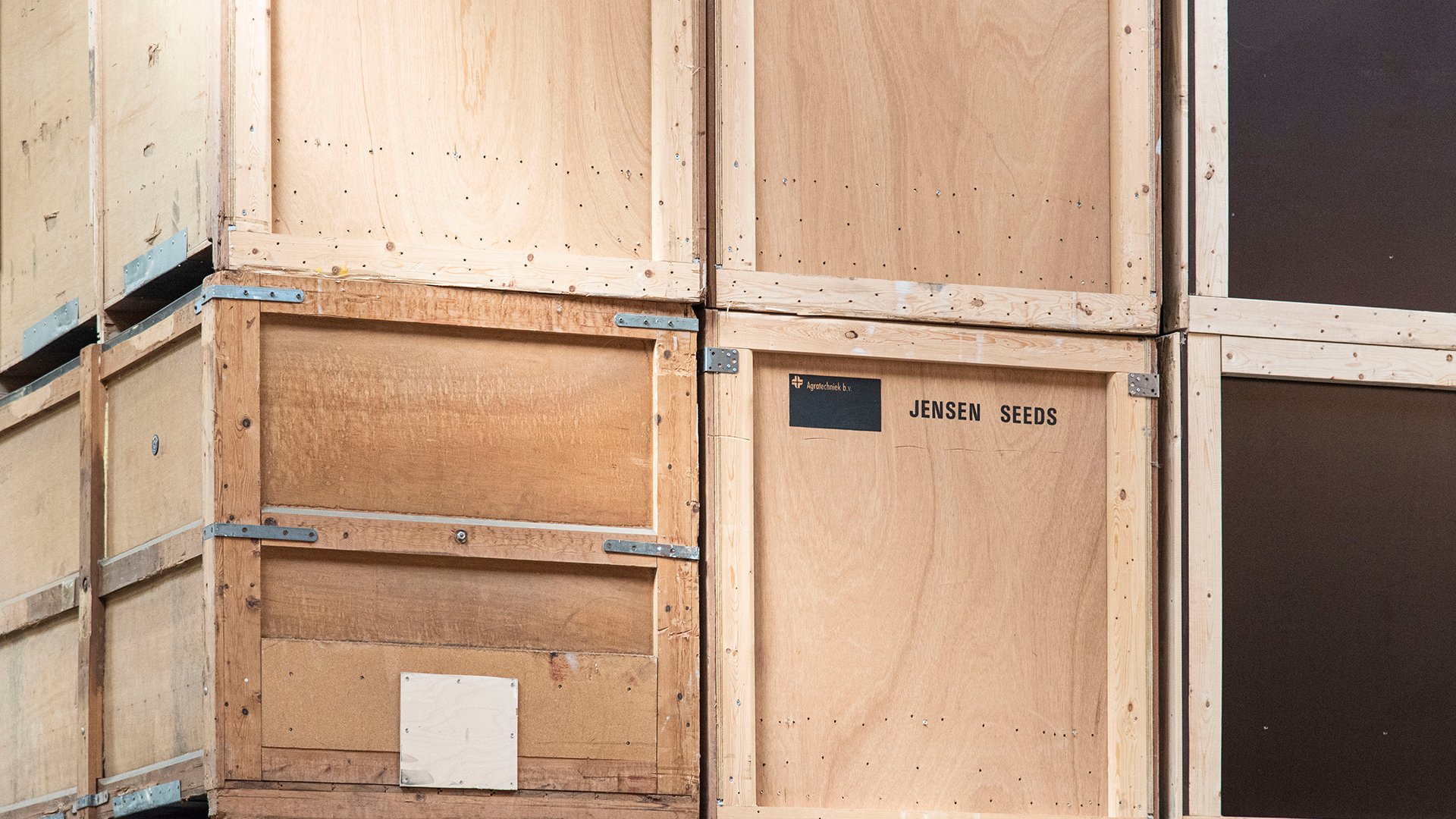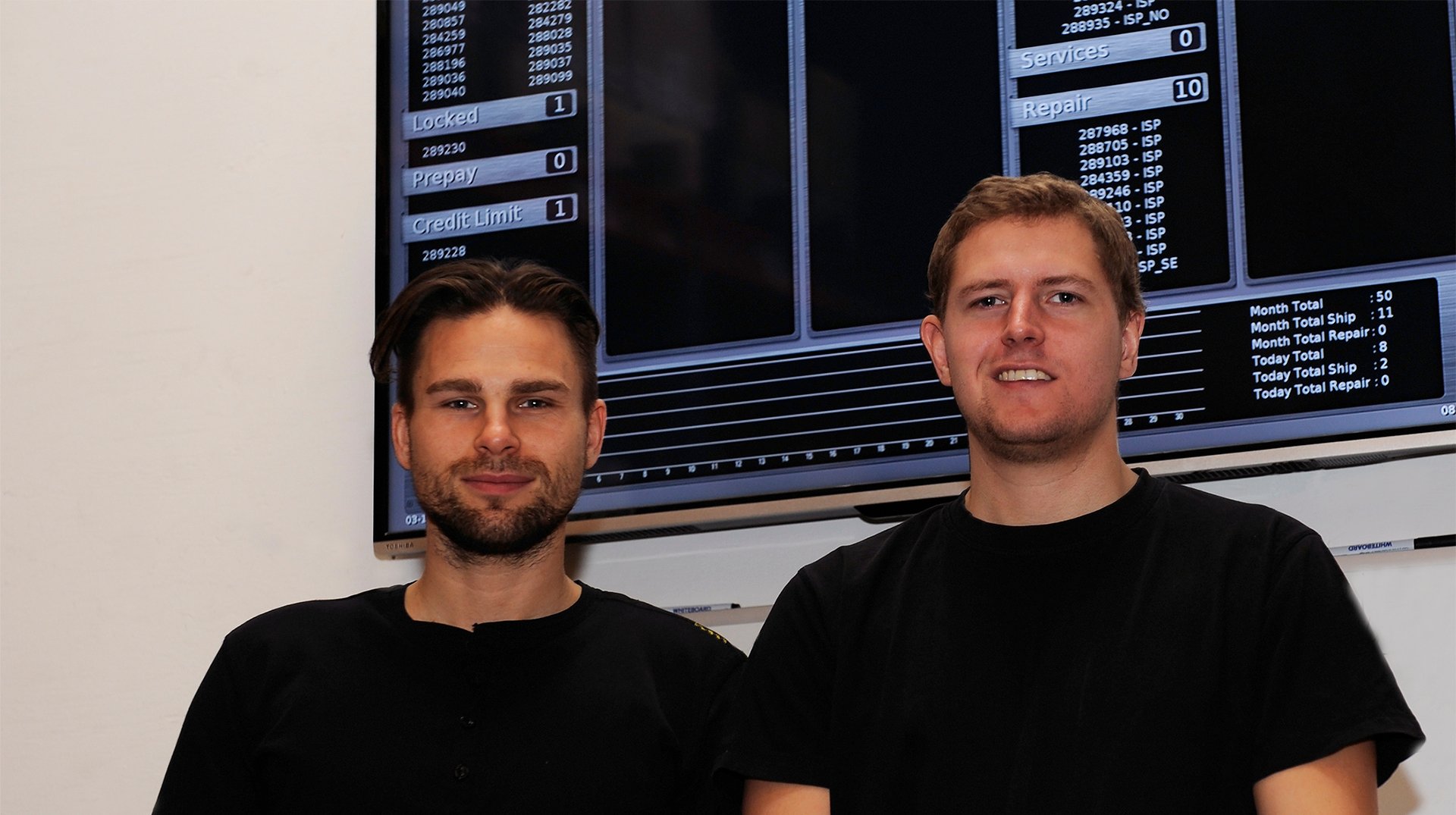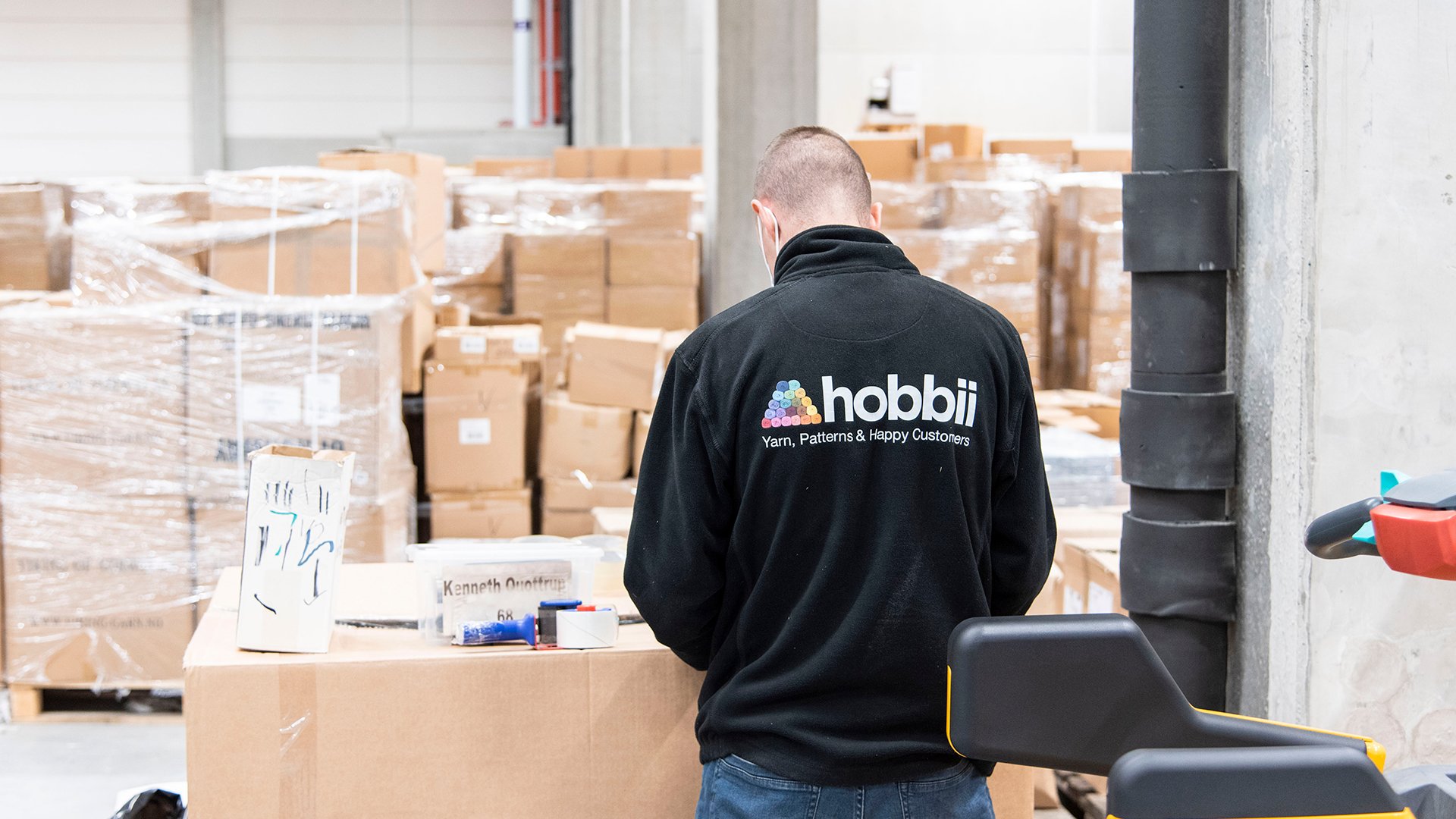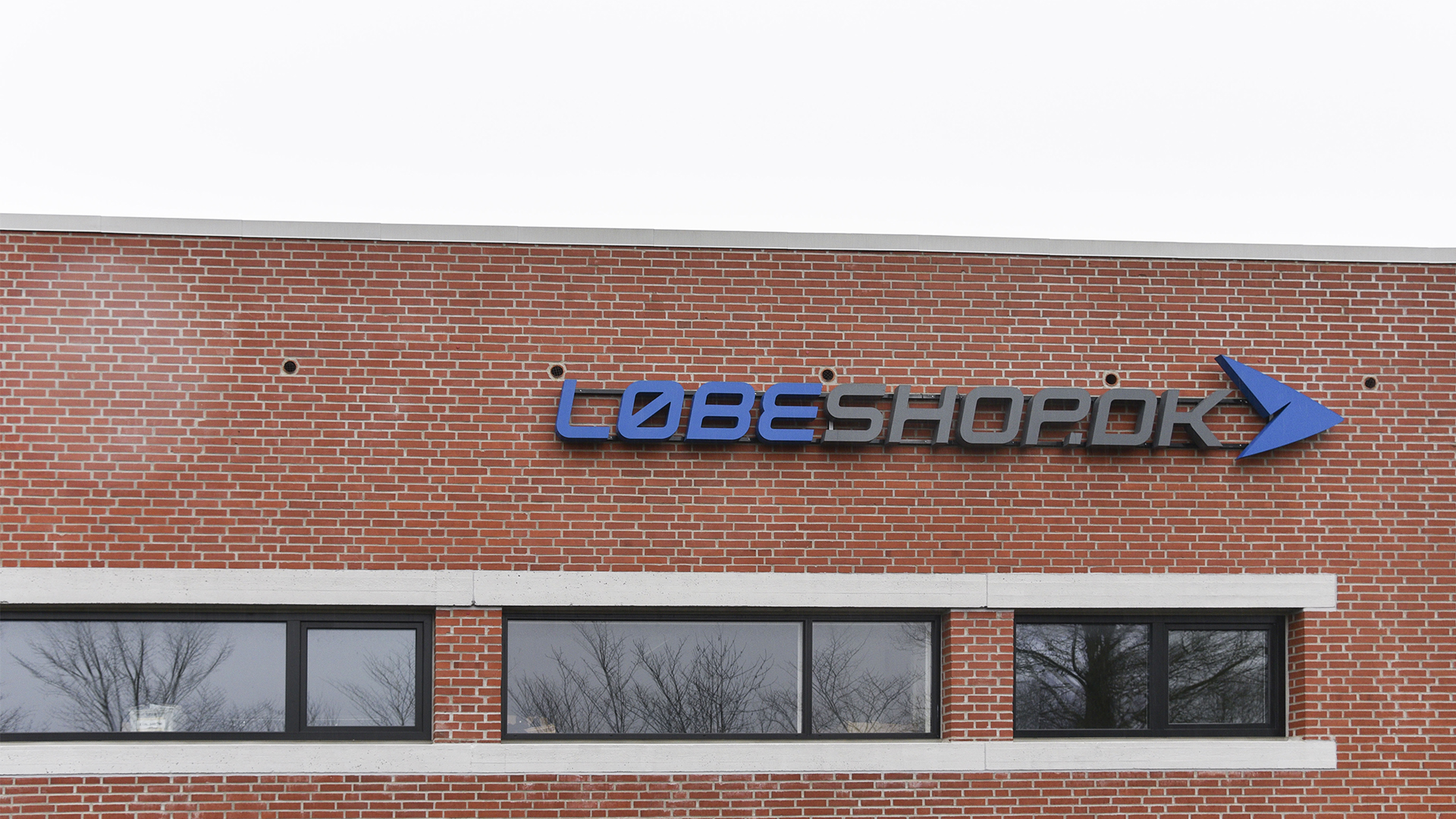NORMAL STOCK
NORMAL: Growth success increases demands for efficient logistics
Normal is a rapidly growing retail chain. This places great demands on the warehouse and logistics to keep up. Therefore, the chain has implemented technology from IT company Delfi Technologies that connects the entire warehouse.
The first NORMAL store opened in Silkeborg in 2013. Since then, things have gone really fast and the future plans are ambitious. When distributing goods to the chain’s more than 270 stores in 6 countries, the central warehouse needs to be as efficient as possible.
Normal has found the right help in Delfi Technologies. A robust solution consisting of handheld terminals, label printers and barcode scanners ensures that the chain achieves the necessary operational reliability in the warehouse. Through the use of barcodes and data capture, the retail chain is ensured smooth handling of the many pallets that are received and sent from the warehouse daily.
– The solution from Delfi Technologies helps us run an efficient warehouse and effectively supports the many processes. Ultimately, it helps ensure a stable daily life – and that’s what it’s all about, says Søren Sivebæk, IT Director at Normal.
"When we choose a partner, it's extremely important that they also act as our sparring partner so that we can find the best possible solution together."
IMPRESSIVE GROWTH CONTINUES
Normal has previously been named Denmark’s fastest growing company with the title of this year’s Gazelle winner among the Danish Stock Exchange’s growth awards. In 2020, the chain tripled its profit before tax to DKK 190 million. – an increase in sales of 22% to a turnover of over DKK 2.3 billion.
The chain has plans to open even more stores, so it is particularly important that the warehouse can keep up. According to Søren Sivebæk, scalability and stability are important criteria when accelerating and continuing growth.
– It’s very much about establishing a scalable setup so that you have the right tools from the start and are geared for explosive development,” he says.
LEADING TECHNOLOGY HELPS IN THE WAREHOUSE
In the ambition to ensure a scalable and reliable warehouse, it is important for Normal to use the leading technology on the market. Barcodes and data capture are a crucial part of this.
Through the collaboration with Delfi Technologies, the chain gains access to more than 30 years of experience, as the company has developed and sold barcode solutions since 1988. Today, Delfi Technologies also collaborates with the market’s leading technology manufacturers.
– When we choose a partner, it’s extremely important that they also act as our sparring partner so that we can find the best possible solution together,” says Søren Sivebæk.
BEHIND THE SOLUTION AT NORMAL
A rugged handheld terminal(Zebra MC3300) is the employees’ permanent logistics tool in the warehouse at Normal. The mobile computer is used for a wide range of tasks such as receiving goods, inventory counting and sending packages.
With particularly rugged and industrial barcode scanners(Zebra DS3678), workers can also scan barcodes on goods, pallets and locations from a great distance.
Labels are an important element in creating an overview of inventory management. Normal uses robust label printers(Zebra ZT41x), which deliver a high print speed on the demanding tasks with many prints every day.
There is also a need to be able to print on the go as employees move around the warehouse. Therefore, mobile label printers (Zebra ZQ630) are also used.
When designing and setting up different types of labels, Normal uses the user-friendly BarTender label software, where you can convert the necessary data into labels with the desired information. This is especially important when ensuring correct product declarations for different countries.
To create an overview of the various warehouse tasks, such as picking, rugged tablets (Zebra ET51) are mounted on the warehouse trucks. From here, employees can make the necessary registrations.
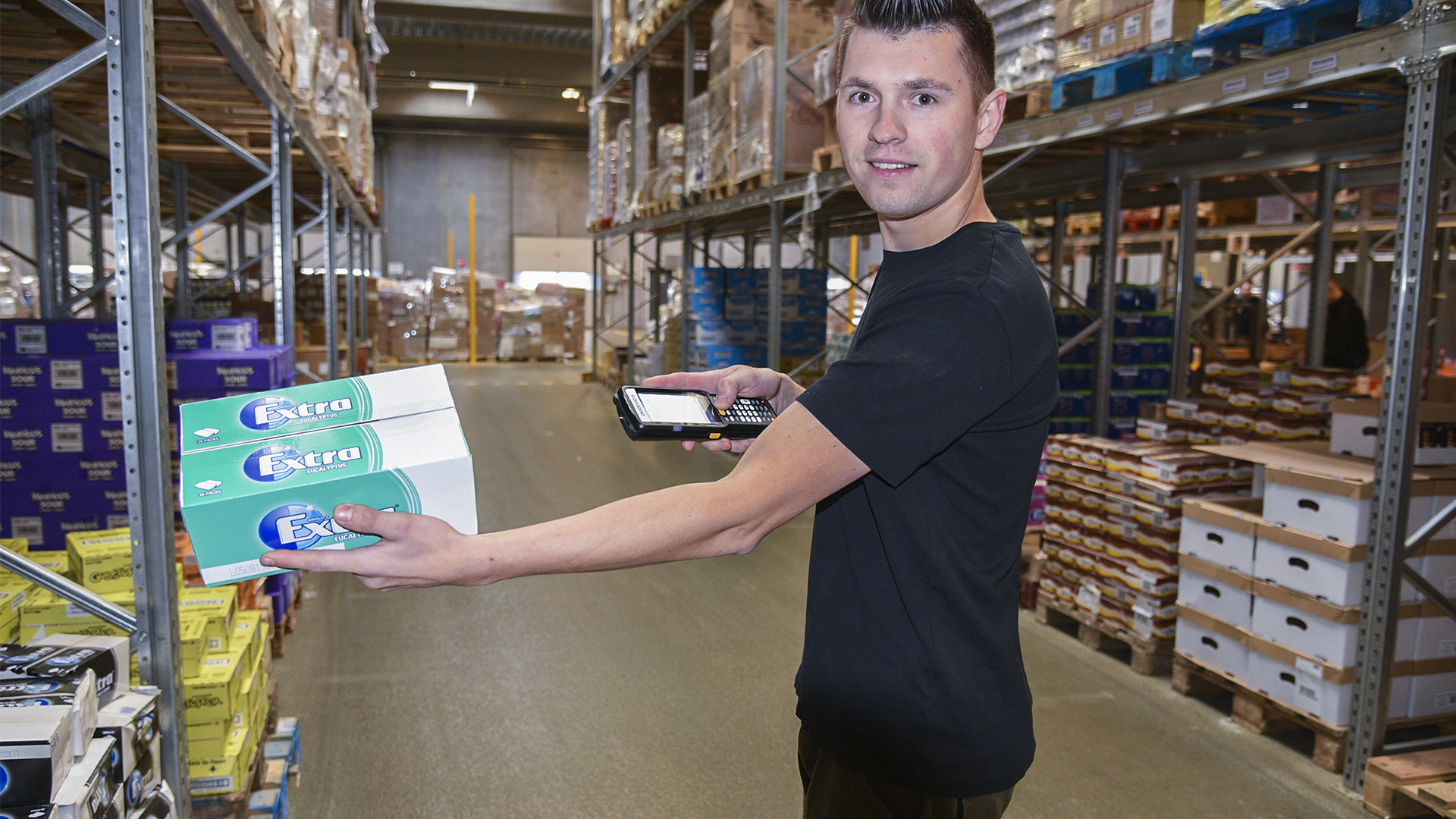
ABOUT NORMAL
NORMAL markets itself as a store that sells Normal products at fixed low prices. The chain opened its first store in 2013 and today has 270 stores in 6 countries. The assortment is purchased where the goods are cheapest, thus avoiding costly middlemen, which means you can often save 30-60% compared to the market price.
Want to know more?
Contact us today and we'll be happy to get back to you

